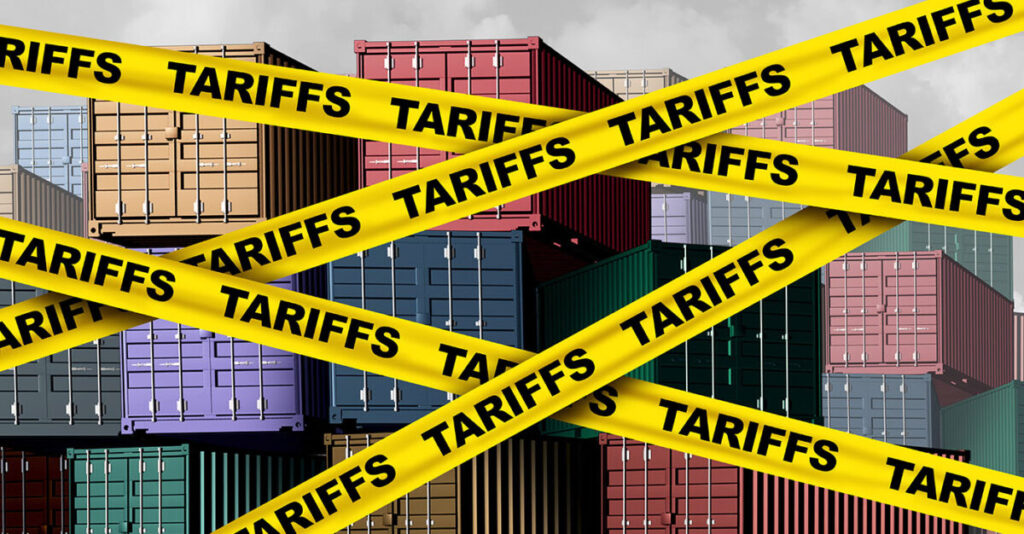By Stacy M. Brown
NNPA Senior National Correspondent
Tariffs set to take effect Tuesday will impose a 25% levy on imports from Canada and Mexico and an additional 10% on Chinese goods. The Trump administration insists the move will protect American industries, but economists and civil rights leaders warn the fallout will be devastating for African Americans and other marginalized communities. Prices on everyday essentials are expected to rise sharply.
The U.S. imports 63% of its vegetables and nearly half of its fruits and nuts from Mexico, making grocery costs an immediate concern. Gas prices are also likely to surge as Canada, the country’s largest crude oil supplier, is hit with tariffs. Low-income families, already struggling with inflation, will bear the brunt of these increases.
“For Black and brown people, who statistically spend the most as a percentage of wealth, the impact is going to be severe,” Calvin Boomer, a financial analyst, said. “This isn’t just about trade policy—it’s about survival for communities already fighting economic disparity.”

The auto industry, a major employer of African Americans, is also bracing for disruption. Tariffs could add up to $3,000 to vehicle costs, potentially leading to declining sales and job losses.
“We’re looking at a repeat of what happened in 2018 when Trump’s first tariffs led to layoffs,” said Maurice Richardson, an autoworker in Michigan. “Except this time, it’s going to be worse.”
The NAACP has condemned the tariffs, warning that they will deepen racial economic disparities. Democratic lawmakers have also spoken out, calling the move reckless and out of touch with working-class struggles.
“It’s already expensive to eat healthy where I live,” said Alicia Brown, a mother of two from Chicago’s South Side. “A gallon of milk is already $5. If they start charging more for fresh produce, people are going to have to make tough choices between food and rent.”




